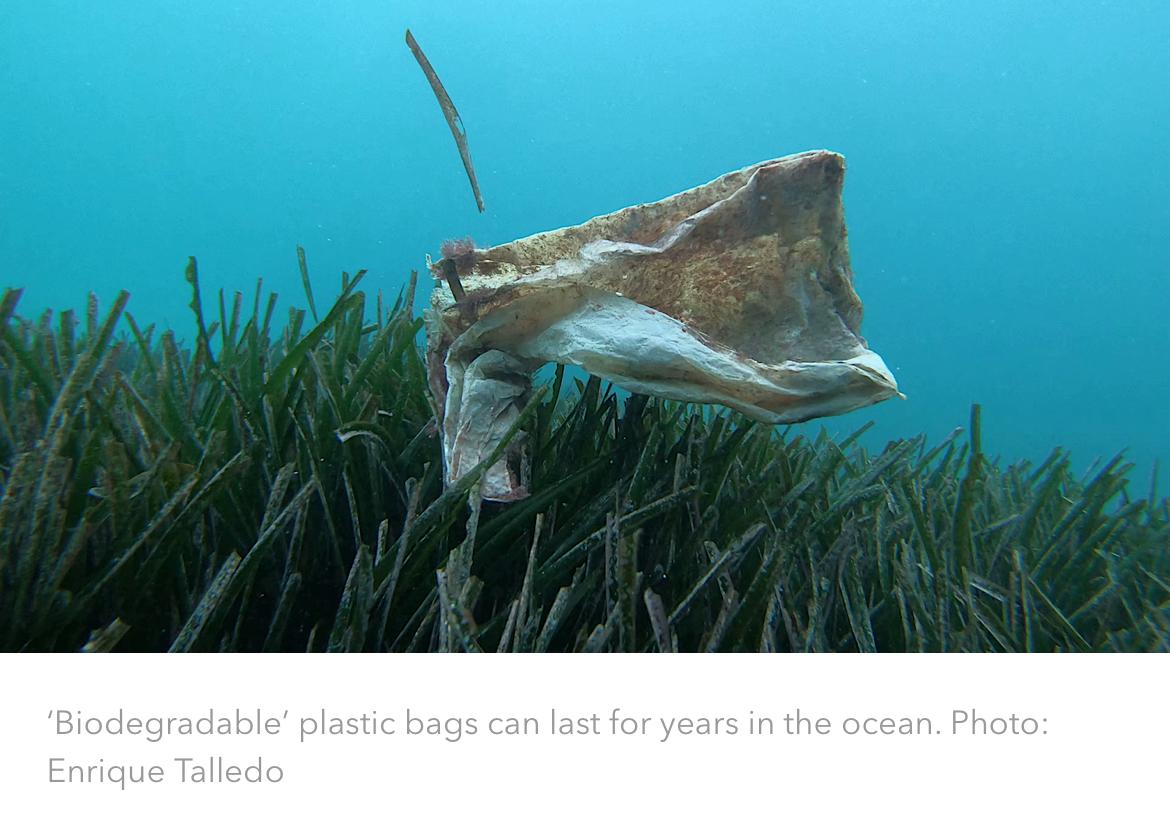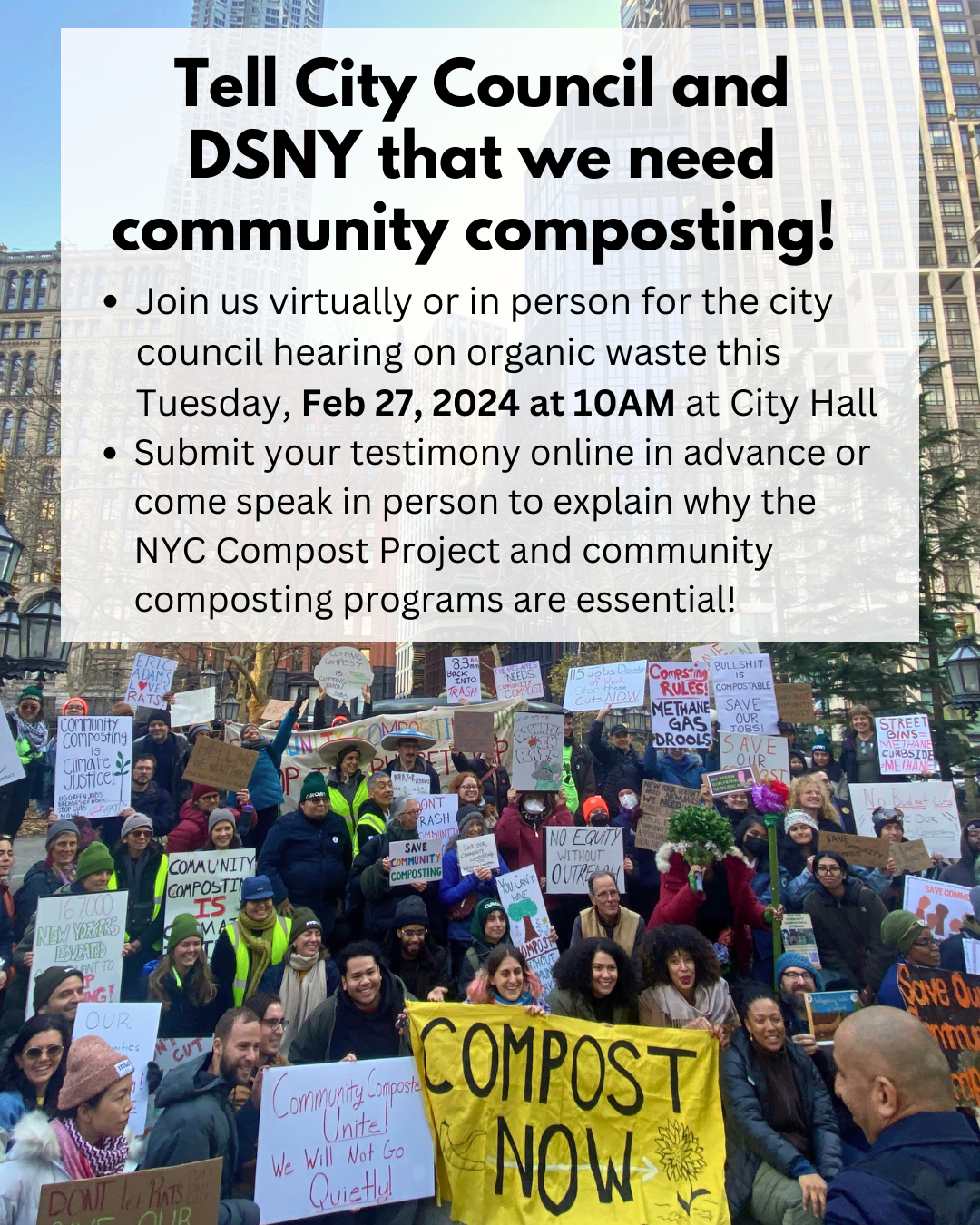“Compostable” plastic is not compostable (and not recyclable either)
“Compostable” plastic is hugely in fashion nowadays. Companies are turning to bioplastics as plastic pollution is increasingly damaging their reputation, and therefore, their sales. But is it really as promising as it sounds?
As shocking as it may seem, such allegedly compostable plastics are not really (or not at all) compostable. The Atlantic noted last year that “[…] in most places this pile of compostable trash has nowhere to go: America doesn’t have the composting infrastructure to deal with it”.
 Bioplastics can only break down in specialized high-temperature industrial “
Bioplastics can only break down in specialized high-temperature industrial “
composting” facilities that many cities lack, points out Cafeteria Culture. And yet, even in such facilities, “compostable” plastics will take up to three months, or longer, to process. Otherwise, Beyond Plastics notes, “they are likely to persist for years in the environment before breaking into problematic microplastics, just like any conventional plastic does”.
But that’s not it. “Compostable” plastics are not actually compostable, but neither are they recyclable. They have not been designed for recyclability, and they consistently contaminate and disrupt the recycling stream when mixed with conventional plastics.
Additionally, “carbon is carbon”, and regardless of the source of carbon (fossil fuels or plants such as corn), it will trigger carbon gas emissions when processed in high temperature “composting” facilities.
This leaves many analysts wondering if such so-called compostable plastics’ overall environmental impact would not be even more detrimental to the environment than conventional plastics.
To add insult to injury, bioplastics also potentially present higher risks to human health than “regular” plastics: because they are porous, compostable plastics may leach more toxic chemicals than conventional plastics, even when food is not hot, and contact time short. Such toxic chemicals are the same as in regular plastics: heavy metals and persistent organic pollutants which may result in a wide range of health conditions and diseases.
Such bioplastics also have a significant psychological impact on consumers: they make us feel less guilty about resorting to single-use plastics, which may, in turn, result in increased consumption levels, with no adequate solution for municipalities to handle them downstream.
Alternatives to “compostable” plastics and single-use plastics:
- Bring your own containers: MCS has recently joined the “BYO-U.S. Reduces” movement, and all students, parents, staff and guests are encouraged to bring their own tableware when they are needed at school (on Friday’s lunch, or on staff meetings, for instance).
- Make use of the “Zero Waste Events Kit” kindly provided by the MCS kitchen staff for all special events hosted at school. The kit contains tableware for 40 people and is readily available from the kitchen pantry. More info about the kit.
- Look into (and potentially reconsider) your consumption patterns to avoid single-use plastics, whether conventional or “compostable” plastics. Need help packing a single-use plastic free lunch? Check out our suggestions.
- Go plastic-free! Start with this great book, “How to Give Up Plastic” by Will McCallum, which is available for free from the NYPL.
Take action: support genuine composting in NYC:
As previously reported by our committee, genuine composting in New York City is currently in jeopardy. While residential food scrap collection is going to be generalized throughout the city in the coming months, such organic waste will, in the vast majority, not turn into compost, but biogas. 
100% of public funding to community compost (i.e. community gardens and urban farms making compost in the city), and to composting education (including to PK-8 schools such as MCS) has been discontinued as of 1 January 2024.
A public hearing of the City Council’s Sanitation Committee is scheduled on Tuesday, February 27th, 2024, at 10 a.m. at City Hall. All MCS community members who are concerned about such cuts are invited to participate, in person or remotely, and/or to testify. Testimonials can be sent in writing. More info about how to participate from the City Council’s website.
More information:
- Q&A about Plastic Recycling and Composting by the US Environmental Protection Agency (US EPA).
- “The dirty secret of alternative plastics”, Aryn Baker, Time Magazine, 28 November 2023.
- “Compostable Plastic Is Garbage”, Saahil Desai, The Atlantic, 6 July 2023.
- Fact sheet about “Compostable Plastic” by Cafeteria Culture, an NYC-based organization which works with youth to creatively achieve zero waste/climate smart schools communities and a plastic free biosphere. Cafeteria Culture produced “Microplastics Madness”, an award-winning documentary about reducing plastic waste and pollution in New York City’s public schools. It also supports the “Plastic-Free Lunch Day” celebrations.
Anyone in the MCS community can join the Sustainability Committee!
If you are a parent, guardian, faculty or staff member and are interested in joining us email us at:
If you are a parent, guardian, faculty or staff member and are interested in joining us email us at:
mcssustainabilitycommittee@gmail.com
Manhattan Country School
150 West 85th Street, New York, NY 10024 | (212) 348-09523536 New Kingston Mountain Road, Roxbury, NY 12474 | (607) 326-7049
©2020 Manhattan Country School. All Rights Reserved.



